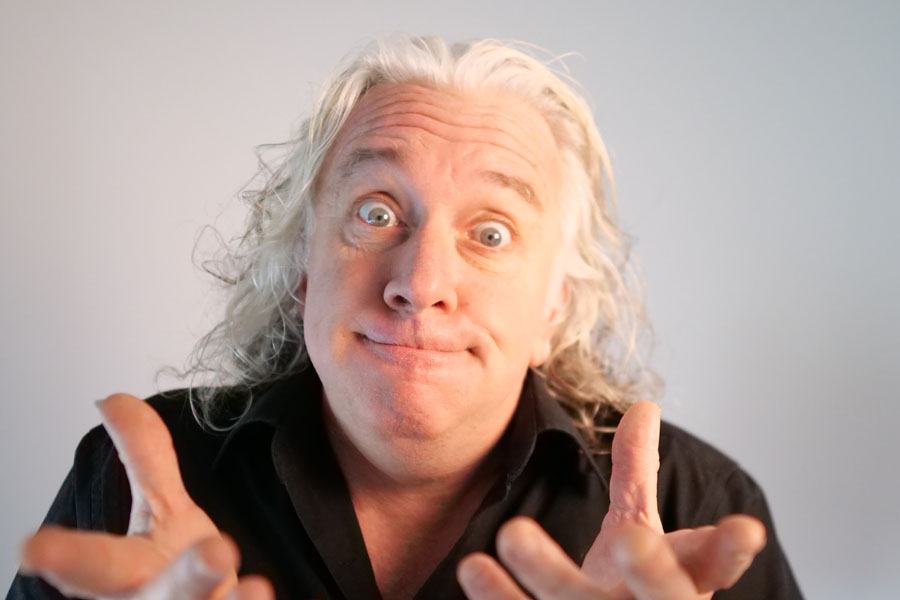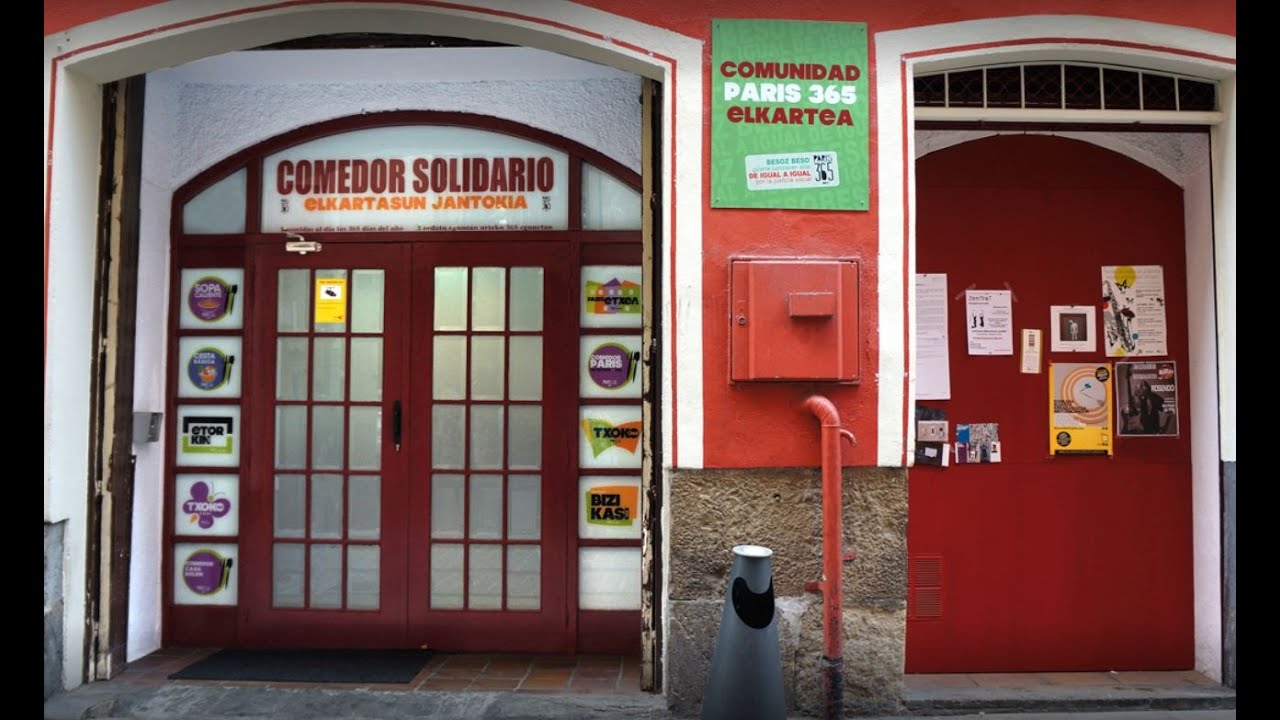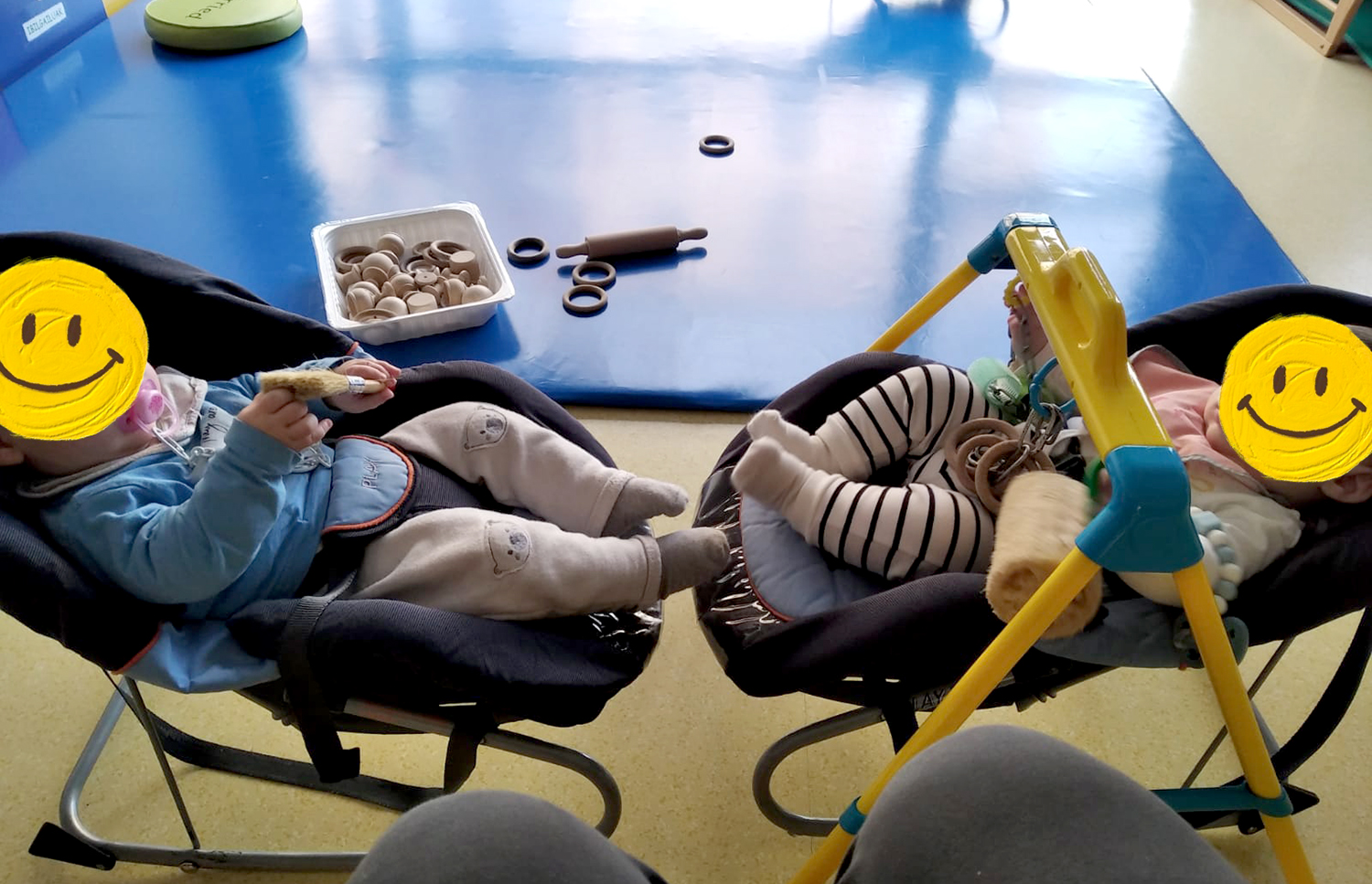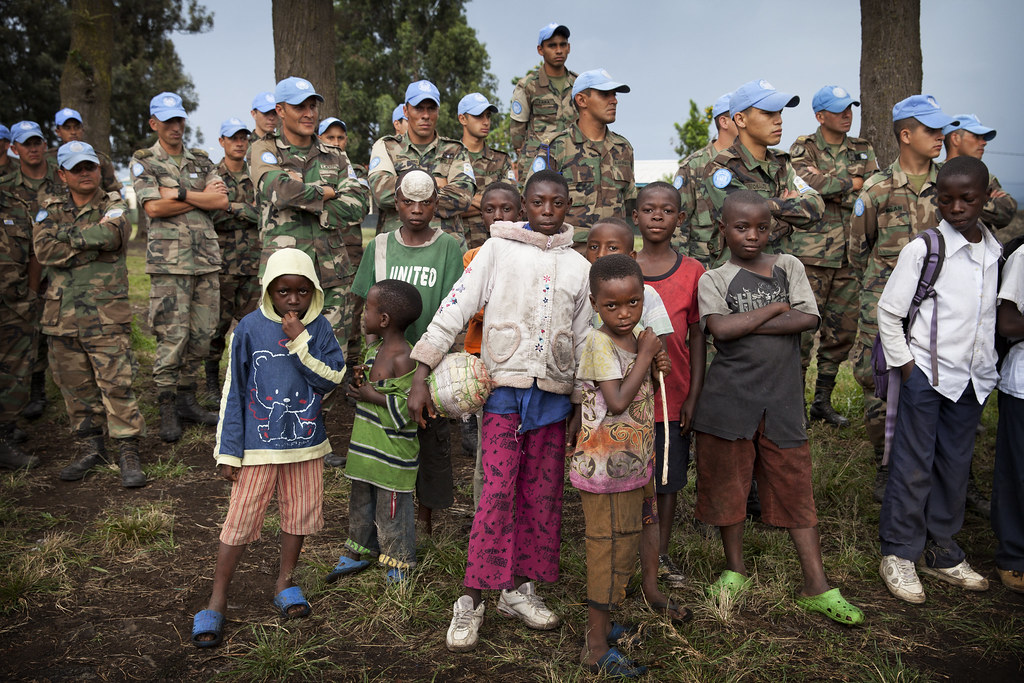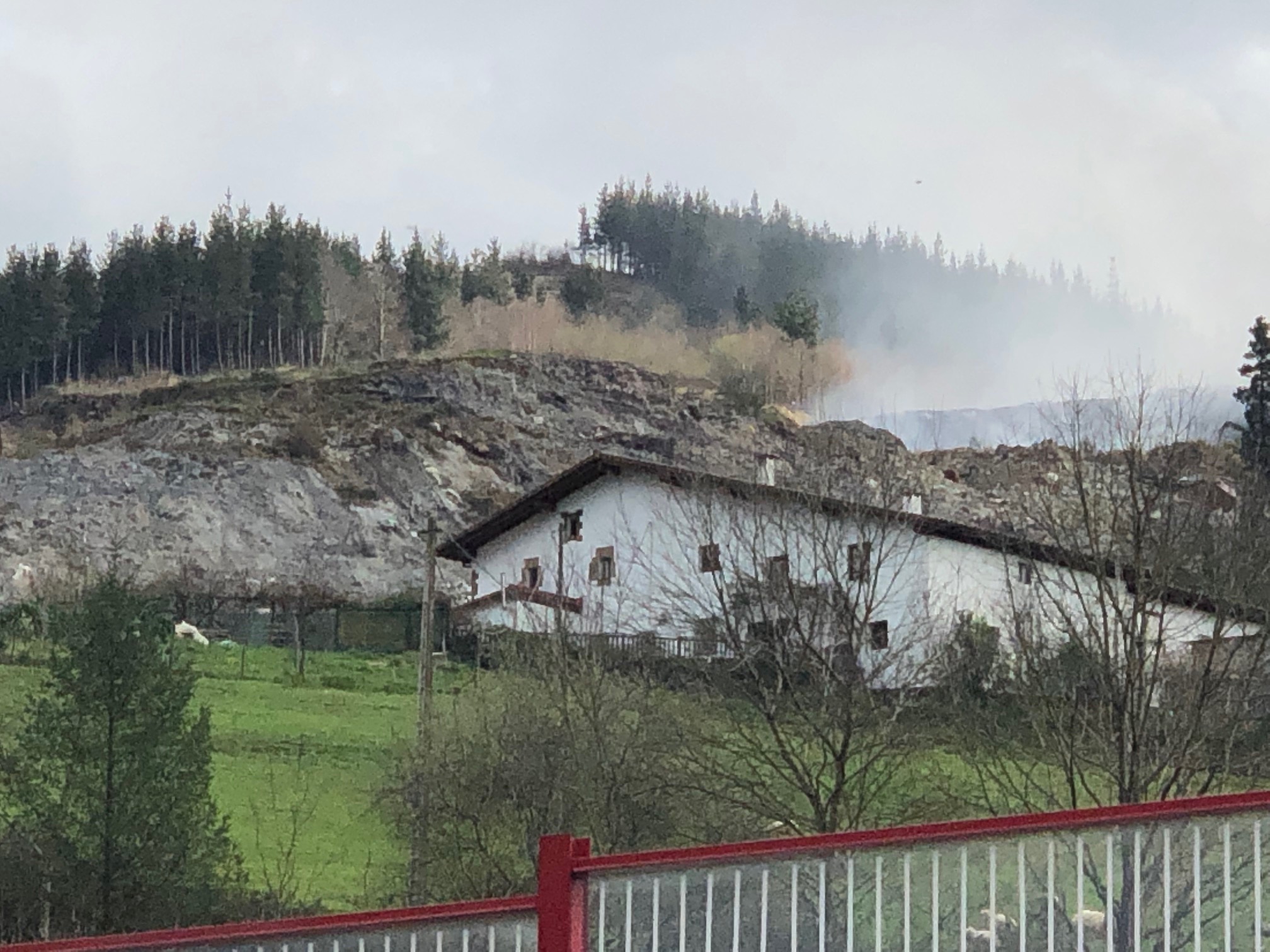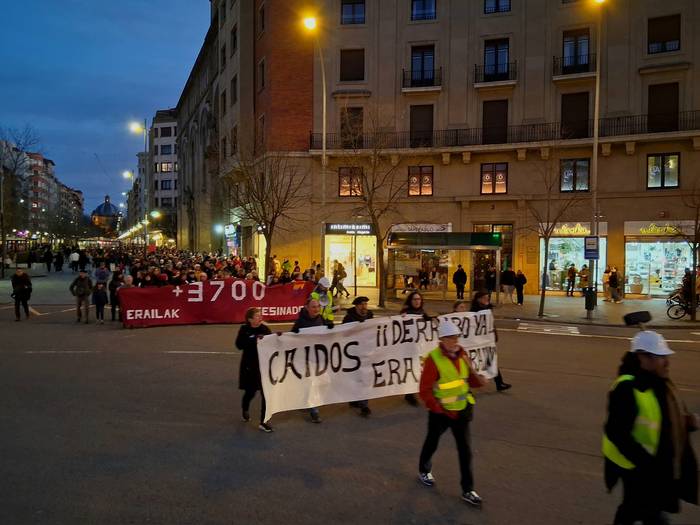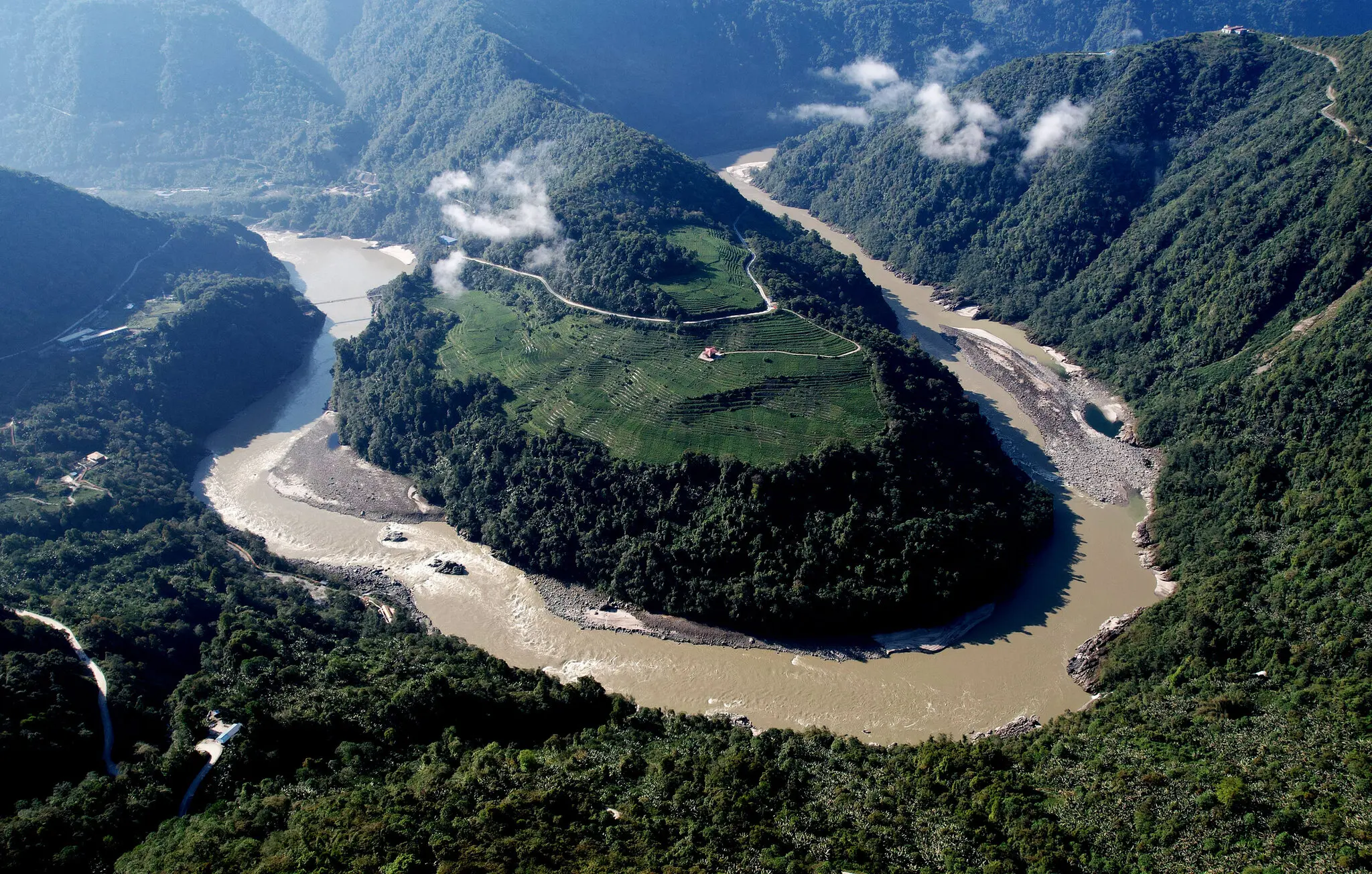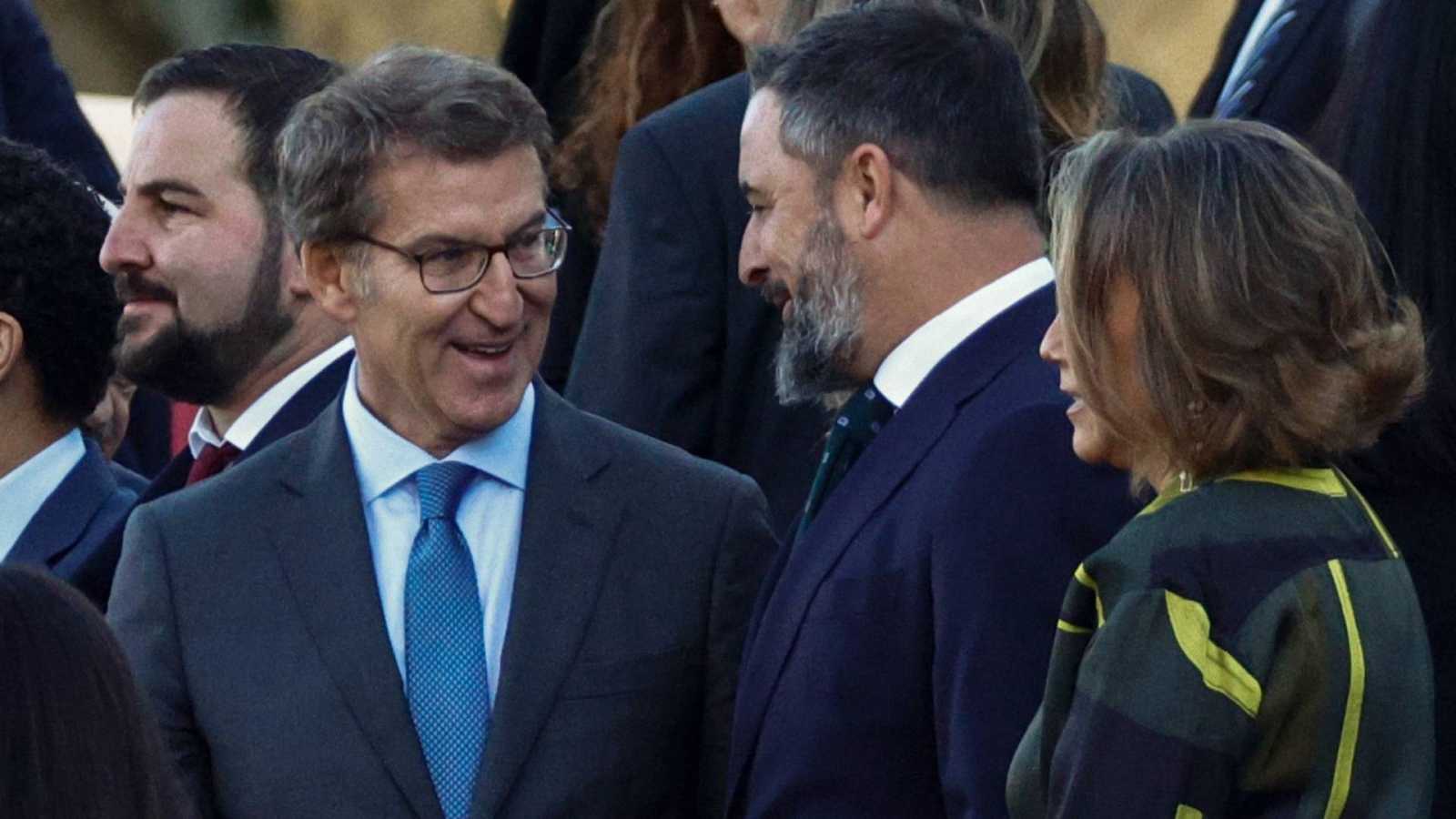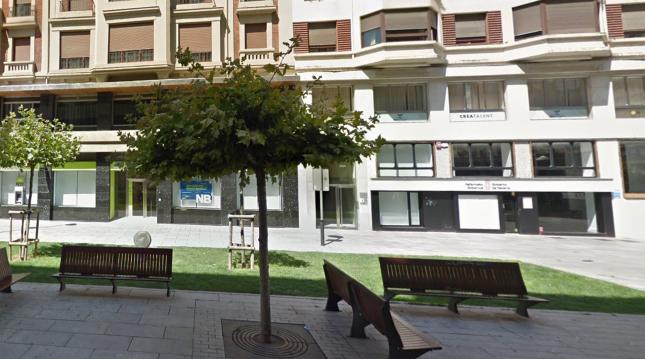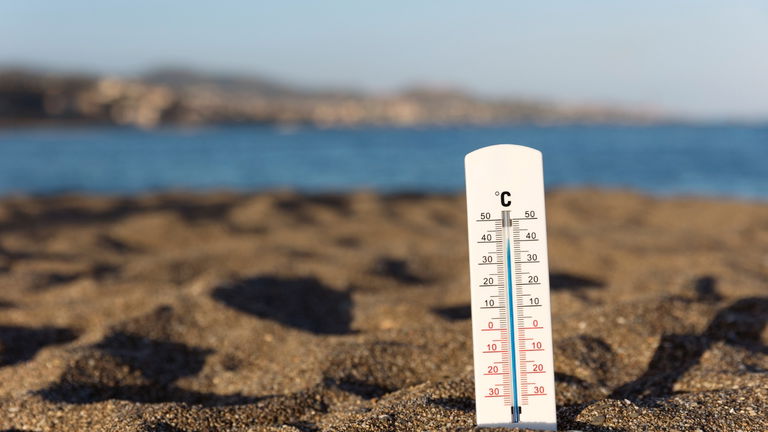The crisis as a fascist option: fascism/no, war and revolution
- “There is no worse fascist than a frightened bourgeois” (B. Bretch)

History shows us that crises are the perfect context for liberating fascist instincts. Fascism, in its historical form, is the extreme expression of the crisis of capitalism. In this sense, there is a linear (and not antagonistic) follow-up between fascism and democracy. We could say that fascism is the expression of the emergence of capitalism, an exceptional social variant that capitalism makes its own in times of crisis. “In a state of emergency,” there is the coexistence between fascism and democracy.
This is one of the political data that has been observed since the first days in the Spanish State and in the Basque Country. In general, fascism has two forms of expression that are already being given: explicit fascism, that is, institutionalized and statalized fascism on the one hand, and social fascism, which is the result of the impulse of society on the other.
There's not much to say about explicit fascism, because it's spectacular for everyone. We are talking about the fascism of the Spanish State, which has added “the democratic and respectable mask of the autonomies”, which has declared a 155 shield that has centralised all competences and powers, and which has in a few hours frustrated the hypocritical democratic rhetoric of several decades. We refer to the fascism of the police state of our streets, in permanent state of siege; also to the working-class neighborhoods that have been occupied by fulas and zipayes. We are talking about the fascism of police abuses that have become standards of health prevention. This standard, which understands systematic repression as a health practice, clearly understands the axes of class and race, as we have seen these days in the San Francisco neighborhood. We talk about the fascism of militarizing public space and social life, as the military in uniform has made clear that they “heal” shouting the strategic points of our cities (train and bus stations, airports…) “Viva España” – more in Catalonia, Euskal Herria, etc. taking into account the colonial and imperial burden it may have.– And finally, we also refer to the fascism of employers and employers who have their own contempt for the lives of workers: the fascism of PNV and Confesbask who forces workers to go to factories and to get sick in factories, who attack unions and workers who strike to improve their living conditions.
“In a state of emergency,” the coexistence between fascism and democracy occurs.
But as we've seen these days, it's not just an explicit, institutionalized or statalized fascism that is being imposed. It is known that fascism (as in Modernity), before becoming a social variant, before becoming a party, is a movement, a social sense. And this kind of fascism is precisely the one that these days emerges from our balconies, the police that we all have inside and that is being detected in many of our popular neighborhoods.
We are talking about molecular or social fascism, fascism that generates mistrust towards our partners and leads us to point out our neighbours. The fascism that leads us to watch our neighbor and to measure their walks with the dog; the one that leads us to denounce the neighbor who has organized a meal with his friends; the fascism of the balcony chibates, which incites us to scream against the one who is on the street, not knowing if he is going to work, whether he has autism or if he is doing care work. This social fascism is an impulse that wants us and leads us to hate our partners and neighbors. It is a fascism that manifests itself as a police and security impulse, which is still beating, that finds a fertile land to emerge in times of crisis. “It is the fascism that exists in each of us, that invades our souls and our daily attitudes, that leads us to love power and desire what dominates and exploits us” (M. Foucault).
Fascism is one of the opportunities created by the crisis, as is the revolution.
If we talk about fascism and its relationship with crises, it's not just to represent apocalyptic and dystopian scenarios. Fascism is not inevitable in any crisis, but one of the options. Crises are the turning points in history (hindering or accelerating history). They radically open up the historical time and the field of options. So fascism is one of the opportunities that the crisis creates, such as revolution. Fascism or revolution: historically, the dialectic of the crisis has moved in this direction. Crisis, social fascism
can be the point condemned in explicit fascism (from the movement to the Party), or the destruction of the existing situation and the beginning of overcoming. Fascism or revolution: Take out the police we carry inside or AAB once and for all; betting on coexistence, class solidarity and collective struggle.
Social fascism is what obscures the view of the working class, which impedes our class consciousness, the clarity that allows us to differentiate our friends and enemies. The belligerent vocabulary that is being used in this “health crisis” is no coincidence. It leads us to rethink the Lagun - Etsai relationship. The Minister of Defense and the leader of “Jemad” made it clear that: “In this war against the coronavirus we are all soldiers.” A rhetoric we have often heard (the war on terrorism, the war on drugs, the war on coronavirus…).
For the capital and its State machinery, any battlefield seems to be useful for controlling and dominating the working class. Because yes, this pandemic understands classes, and the bourgeoisie too. What’s more: the bourgeoisie makes political (classicist, racist and patriarchal) use of the pandemic. And that is why it is essential that we are in the midst of a war and, therefore, that we have to protect each other, convince ourselves. We were isolated and alone against the world (only the state, the military and the institutions can save us in this war); far from being enemies, capitalist, bourgeois or political systems that condemn us to misery, where it can be: in a neighbor who goes out too often to throw away trash, in a young man who goes to strange hours to survive or in a woman who only leaves children in the mornings to go to wash the houses of others.
The enemy is called the bourgeoisie and our class struggle.
If we do not want to turn this crisis into fascism and emerge even more atomized from this “war”, it is inevitable to identify the true enemy. It is essential to point out to employers and policy makers (Mr Urkullu and each of his followers) that every day they send workers to the “trenches” (without protection). It is necessary for its potential oasis not to fall into the “economic coma”, for liberal policies to be implemented and for those who make cuts in health to be identified. It is essential, above and beyond social policies, to follow predatory macro-projects (TAV, Super Sur…?) point to those responsible who give them priority. It is necessary to rebel against each of the gears of this system that prioritizes economic benefits over our lives, so that they do not override our lives or those of our neighbours.
If you're right about something, it's precisely the idea that we're at war. But we are not in a war against a new and invisible enemy (coronavirus). Our enemy is old (already centuries old) and it is obvious (no less obvious than the excessive wealth of those who condemn us to misery). The enemy is called the bourgeoisie, and our war is class struggle.
Therefore, bringing someone who knew enough about the war and revolutions, what needs to be done is not to stop the war (against the coronavirus), but to “turn this war into a civil war”; to delve into the contradictions that the crisis reveals and to promote the revolution to erupt.
We recently read the novel My little village by Gael Faye at the Escuela de Lectores de Borrería, in the version translated into Basque by Irati Bereau. The book tells the story of Gabriel – a child born in Burundi. His father is French and his mother is an exiled Tutsi who... [+]
The harsh verdict against Proces came out in October 2019 and that set Barcelona on fire. In this context, in the Spanish State, the following sentence was read in the right-wing press: “For the good of Spain, Barcelona should be bombed every 50 years.” It was the phrase of... [+]








